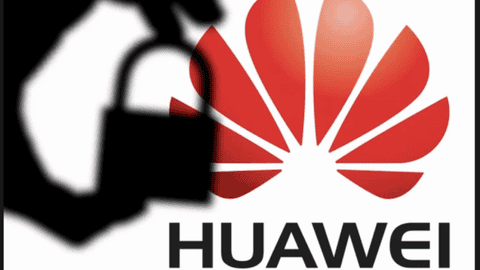Huawei has been at the hub of numerous controversies surrounding the U.S. – China disagreements. Since the beginning of last year, the Chinese manufacturer had to cope with the American ban. Seeing that the initial ban did not have much effect on Huawei, the U.S. strengthened its ban on Huawei a few months ago. According to the new ban, any company that uses American technology must obtain a license before working for Huawei. According to reports, the target for the new ban on Huawei is TSMC who is in charge of Huawei Kirin chips.
After September 15th, TSMC, and other companies that use American technology will no longer be able to supply Huawei. Due to the recent ban, Huawei consumer CEO, Yu Chengdong, admitted that the Kirin 9000 could be the company’s last flagship SoC.
TSMC can only supply “mature technology” to Huawei
TSMC has since applied to the U.S. government for permission to continue to supply Huawei. According to a recent report, TSMC recently got the nod to do business with Huawei. However, the approval restricts the business to “mature technology” only. This suggests that the license obtained by TSMC mainly covers products manufactured with mature technology.
The report does not specifically mention SoCs for mobile phones. Furthermore, the report did not also state what it means by “mature technology”. However, it is generally accepted that products above the 28nm node are mature. The likes of 16nm, 10nm, 7nm, and the latest 5nm processes are advanced processes.
Even so, according to current standards, Huawei’s consumer terminal business will still face the problem of core shortage. This is because mobile phone chips require high technology not just mature technology. Huawei’s Kirin 9000 uses TSMC’s 5nm process, which is currently the most advanced process. If this report is true, then TSMC can only make entry-level chips for Huawei. This will not have any significant positive effect on Huawei’s smartphone business.
According to the report, TSMC was unable to deliver Huawei’s complete order for its latest Kirin 9000 SoC. Huawei ordered 15 million units but TSMC was only able to deliver 8.8 million units. With this number, this chip will not be sufficient for more than six months at best.
After AMD and Intel, TSMC becomes the third major manufacturer to obtain a license to supply Huawei. Like we said earlier, there is a limit to which TSMC can work for Huawei.
Follow Gizchina.com on Google News for news and updates in the technology sector.
